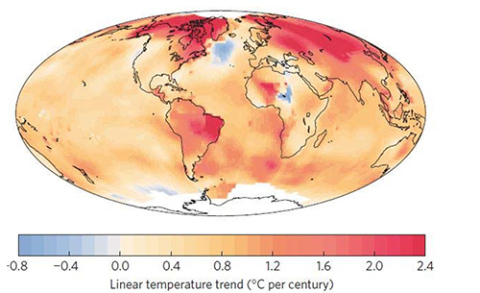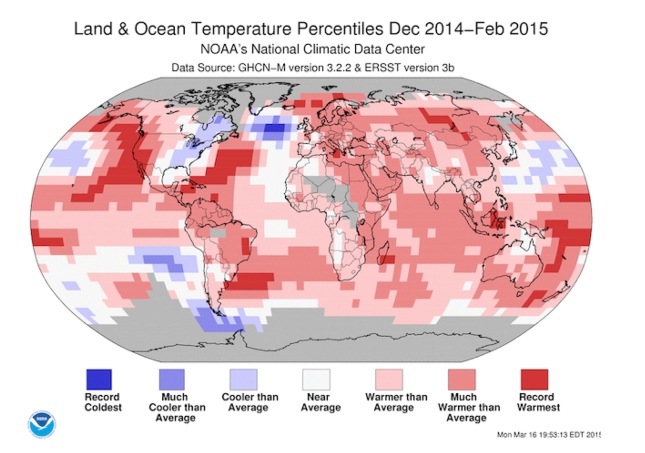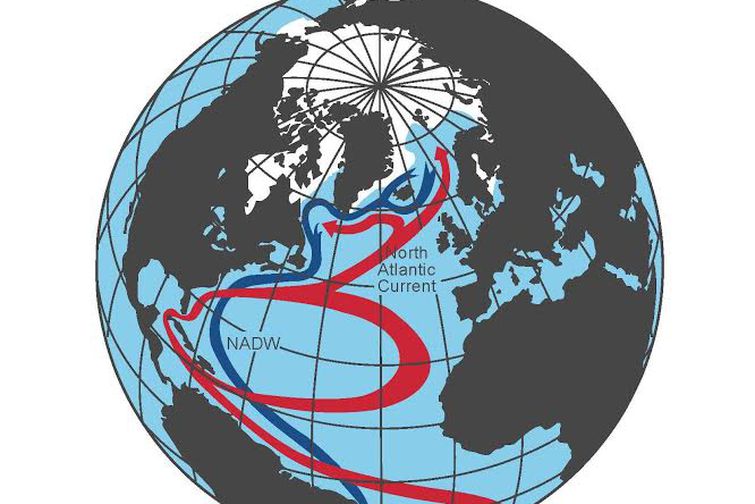Another
nail in the coffin.
The
discussions on this
very phenomenon
(about twelve years ago) and the BBC
documentary on global dimming
woke me up to the possibility of catastrophic and rapid global
warming.
I
had a sort of hiatus after the 2008 financial collapse and the
peaking of world conventional oil supplies until 2011-12 when the
first positive feedbacks were identified (now up to at least 40) and
I discovered the work of Prof. Guy McPherson.
Now,
there are only two stories: abrupt climate change and the Great
Extinction of life on the planet Earth; and the inexorable move
towards a great military conflagration in Europe.
The
rest (including the ongoing catastrophe at Fukushima), are side
stories
This
morning it looks like a toss up between thermonuclear war or human
extinction within a single lifetime due to rapid climate change.
Another
nail in the coffin.
The
discussions on this
very phenomenon
(about twelve years ago) and the BBC
documentary on global dimming
woke me up to the possibility of catastrophic and rapid global
warming.
I
had a sort of hiatus after the 2008 financial collapse and the
peaking of world conventional oil supplies until 2011-12 when the
first positive feedbacks were identified (now up to at least 40) and
I discovered the work of Prof. Guy McPherson.
Now,
there are only two stories: abrupt climate change and the Great
Extinction of life on the planet Earth; and the inexorable move
towards a great military conflagration in Europe.
The
rest (including the ongoing catastrophe at Fukushima), are side
stories
This
morning it looks like a toss up between thermonuclear war or human
extinction within a single lifetime due to rapid climate change.






No comments:
Post a Comment
Note: only a member of this blog may post a comment.